Sponsored Links
UPDATE UK ISPs Give Mixed Response to Governments Two Tier Internet Proposal
Posted: 20th Nov, 2010 By: MarkJ
 Plans by the UK government to shun Net Neutrality (the principal of treating all internet traffic as equal), which could potentially allow big broadband providers to favour some online content over others (depending on who paid them the most cash) and stifle access to popular services (Skype, Google, Facebook, Youtube etc.), have garnered a mixed response from the ISPs themselves.
Plans by the UK government to shun Net Neutrality (the principal of treating all internet traffic as equal), which could potentially allow big broadband providers to favour some online content over others (depending on who paid them the most cash) and stifle access to popular services (Skype, Google, Facebook, Youtube etc.), have garnered a mixed response from the ISPs themselves.A Spokesperson for business ISP Powernet told ISPreview.co.uk:
"Powernet has always been committed to a neutral internet. Any move towards a system where ISPs are subsidised by the media and content creators is a move towards a restricted and heavily monitored internet.
We believe legislation should be brought in that forbids any media corporation or content provider from having any control or ownership of the UK’s internet infrastructure through ISPs.
ISP customers will either need to learn to pay for the bandwidth they use or lose the internet they know and enjoy today. If customers are unwilling to pay or ISPs are unwilling to pass bandwidth costs on top customers then a media subsidised, and ultimately controlled, internet will become a reality."
"Powernet has always been committed to a neutral internet. Any move towards a system where ISPs are subsidised by the media and content creators is a move towards a restricted and heavily monitored internet.
We believe legislation should be brought in that forbids any media corporation or content provider from having any control or ownership of the UK’s internet infrastructure through ISPs.
ISP customers will either need to learn to pay for the bandwidth they use or lose the internet they know and enjoy today. If customers are unwilling to pay or ISPs are unwilling to pass bandwidth costs on top customers then a media subsidised, and ultimately controlled, internet will become a reality."
KC's ( Karoo ) Commercial and Finance Director, Sean Royce, said:
"KC is committed to providing a consistently high quality of service to all of our customers today, and in the future when consumers will be increasingly watching and downloading bandwidth heavy content, such as video, over the Internet.
We welcome the position of the EU, MP Ed Vaizey and Ofcom on the subject of Net Neutrality. Light-touch regulation that empowers ISPs to independently manage traffic across their networks depending on demand will help benefit all customers, and will be central to providing an affordable and appropriate broadband service as adoption of next generation services continues to gather pace.
However, it is of crucial importance that any move towards ending net neutrality is conducted in a completely open and transparent way, and KC is committed to publishing the details of how we manage the traffic across our network to ensure that our customers get the most out of their service."
"KC is committed to providing a consistently high quality of service to all of our customers today, and in the future when consumers will be increasingly watching and downloading bandwidth heavy content, such as video, over the Internet.
We welcome the position of the EU, MP Ed Vaizey and Ofcom on the subject of Net Neutrality. Light-touch regulation that empowers ISPs to independently manage traffic across their networks depending on demand will help benefit all customers, and will be central to providing an affordable and appropriate broadband service as adoption of next generation services continues to gather pace.
However, it is of crucial importance that any move towards ending net neutrality is conducted in a completely open and transparent way, and KC is committed to publishing the details of how we manage the traffic across our network to ensure that our customers get the most out of their service."
A Virgin Media spokesperson said:
"As more and more time sensitive applications come on line, it's important to debate the best ways to manage traffic and ensure a great experience for consumers. But we have no plans to prioritise particular types of content on the basis of who publishes or owns it."
"As more and more time sensitive applications come on line, it's important to debate the best ways to manage traffic and ensure a great experience for consumers. But we have no plans to prioritise particular types of content on the basis of who publishes or owns it."
A Sky Broadband Spokesperson added:
"UK consumers are well served by a highly competitive broadband market. So long as ISPs are fully transparent about any traffic shaping policies they employ, customers will have the information they need to evaluate which service is right for them.
Competition will ensure that broadband providers listen closely to their customers and build services which deliver against demand. Both ISPs and content providers should therefore be free to innovate in how they continue to improve the customer experience."
"UK consumers are well served by a highly competitive broadband market. So long as ISPs are fully transparent about any traffic shaping policies they employ, customers will have the information they need to evaluate which service is right for them.
Competition will ensure that broadband providers listen closely to their customers and build services which deliver against demand. Both ISPs and content providers should therefore be free to innovate in how they continue to improve the customer experience."
Neil Watson, Entanet UK's Head of Service Operations, disagreed:
"So basically the Government and Ofcom are planning to adopt a ‘let’s wait and see’ approach to net neutrality – waiting to see if anti-competitive behaviour will surface. I think I know the answer to that one already! For starters, O2 have already stated that they believe content providers should pay towards the cost of delivering their services because of the increasing cost to ISPs to transport growing amounts of data.
BT and TalkTalk have already stated that they would look to strike deals with content providers if net neutrality remains unregulated which Ofcom and the Government have now decided will be the case.
We continue to have grave concerns over potentially creating a two tiered Internet where the type of deal an ISP has struck with the largest content providers (e.g. YouTube, Google) will determine the level of service provided when customers try to use them.
Where exactly will this leave the smaller market players? Smaller content providers or providers that decide not to pay the ISPs may find their services are delivered unfavourably (throttled) when compared to their larger rivals; and those that do pay may find the demands of hundreds of ISPs too great and be unable to cope financially.
On the other hand, smaller ISPs may not be able to arrange deals with the larger content providers, therefore not benefitting from the contributions to the cost of delivering their services and potentially making them uncompetitive in the market. In such a highly competitive market, how can such activities not create the anti-competitive behaviour that Ofcom and the Government are so adamant won’t be a problem?"
"So basically the Government and Ofcom are planning to adopt a ‘let’s wait and see’ approach to net neutrality – waiting to see if anti-competitive behaviour will surface. I think I know the answer to that one already! For starters, O2 have already stated that they believe content providers should pay towards the cost of delivering their services because of the increasing cost to ISPs to transport growing amounts of data.
BT and TalkTalk have already stated that they would look to strike deals with content providers if net neutrality remains unregulated which Ofcom and the Government have now decided will be the case.
We continue to have grave concerns over potentially creating a two tiered Internet where the type of deal an ISP has struck with the largest content providers (e.g. YouTube, Google) will determine the level of service provided when customers try to use them.
Where exactly will this leave the smaller market players? Smaller content providers or providers that decide not to pay the ISPs may find their services are delivered unfavourably (throttled) when compared to their larger rivals; and those that do pay may find the demands of hundreds of ISPs too great and be unable to cope financially.
On the other hand, smaller ISPs may not be able to arrange deals with the larger content providers, therefore not benefitting from the contributions to the cost of delivering their services and potentially making them uncompetitive in the market. In such a highly competitive market, how can such activities not create the anti-competitive behaviour that Ofcom and the Government are so adamant won’t be a problem?"
It's interesting to note that, with the possible exception of Virgin Media UK, the opinions appeared to be split depending on whether an ISP is big or small. This is perhaps understandable because, as Entanet points out in their final comment, "smaller ISPs may not be able to arrange deals with the larger content providers".
Admittedly smaller ISPs could still play to their strength by offering a higher quality of service, although even this might easily be outweighed when placed at an significant disadvantage, such as any resulting from actions by the largest players ( BT , TalkTalk , Virgin Media , Sky Broadband , Orange and O2 ).
At the time of writing we had not heard back from BT Retail, and TalkTalk have refused to comment, which isn't surprising given their track record on this issue. A degree of realism must also be applied here. There are thousands of BIG ISPs in the world and they can't all seriously expect content providers to cough up, indeed some (e.g. the BBC) have already flatly refused to do so.
In any case it would be a brave, or possibly foolhardy, ISP that suddenly decided one day to restrict access to popular online content. Consumers are unlikely to have much patience for tough limits on YouTube, Skype or Facebook, which is the reason why TalkTalk haven't imposed any yet; even though they'd like to.
Alternatively, ISPs could just charge more realistically for what consumers use, just as your gas, water and electricity supplier already does. Many smaller ISPs, such as Zen Internet UK, already do this; that's one of the reasons why they cost more. However this kind of logic tends to be lost on most of the big boys.
UPDATE 20th November 2010
Comment added from business ISP Timico UK.
Timico's CTO, Trefor Davies, said:
"As an ISP I am not detached from the views of the many people arguing for Net Neutrality regulation. I will however agree with Ofcom and say that this is all currently conjecture and there is no evidence to suggest that operators are going to indulge in practices counter to the principles of open internet access.
That doesn’t mean to say that regulation might not be required in future but if we are not careful there would be no internet because it will have been regulated into the ground."
"As an ISP I am not detached from the views of the many people arguing for Net Neutrality regulation. I will however agree with Ofcom and say that this is all currently conjecture and there is no evidence to suggest that operators are going to indulge in practices counter to the principles of open internet access.
That doesn’t mean to say that regulation might not be required in future but if we are not careful there would be no internet because it will have been regulated into the ground."
Search ISP News
Search ISP Listings
Search ISP Reviews
Latest UK ISP News
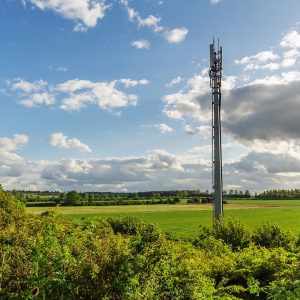
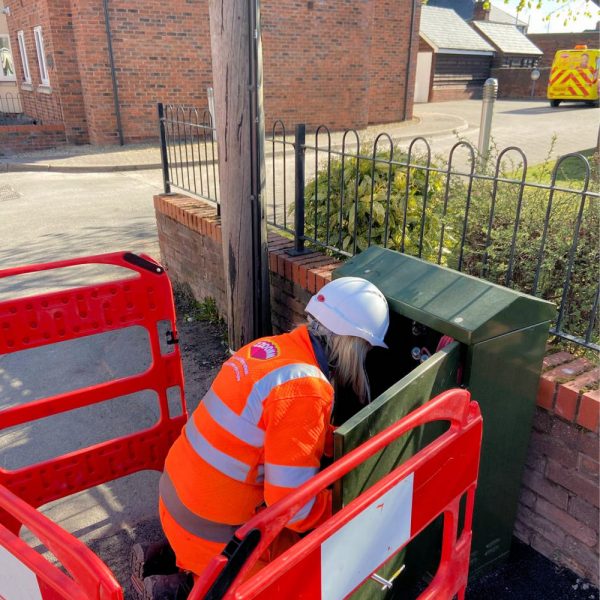

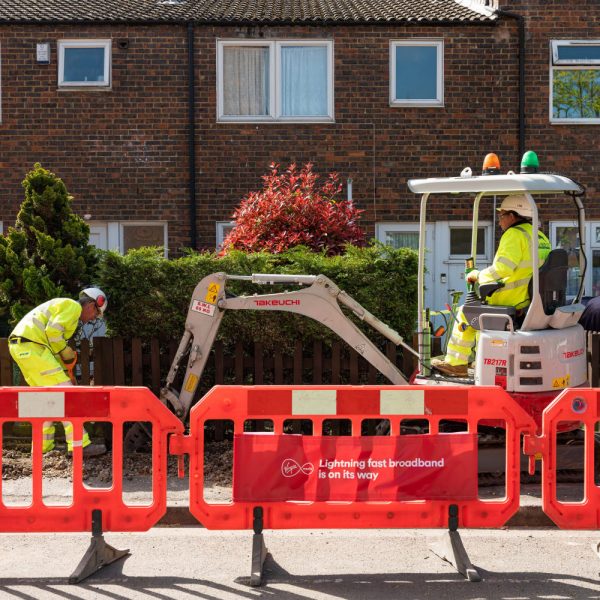

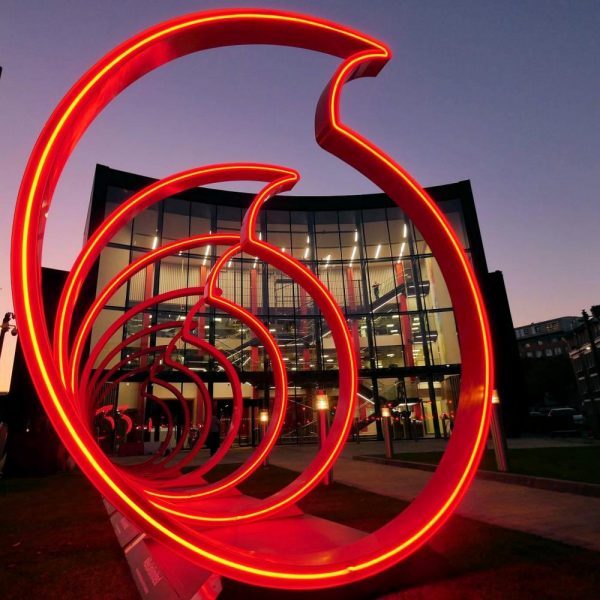
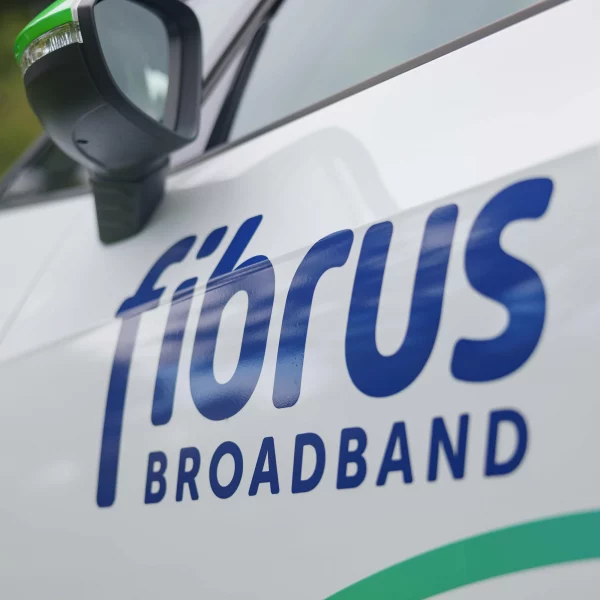
Cheap BIG ISPs for 100Mbps+
150,000+ Customers | View More ISPs
Cheapest ISPs for 100Mbps+
Modest Availability | View More ISPs
Latest UK ISP News
Helpful ISP Guides and Tips
Sponsored Links
The Top 15 Category Tags
- FTTP (5525)
- BT (3518)
- Politics (2541)
- Openreach (2298)
- Business (2264)
- Building Digital UK (2246)
- FTTC (2044)
- Mobile Broadband (1975)
- Statistics (1789)
- 4G (1666)
- Virgin Media (1621)
- Ofcom Regulation (1463)
- Fibre Optic (1395)
- Wireless Internet (1390)
- FTTH (1382)
Sponsored
Copyright © 1999 to Present - ISPreview.co.uk - All Rights Reserved - Terms , Privacy and Cookie Policy , Links , Website Rules

































